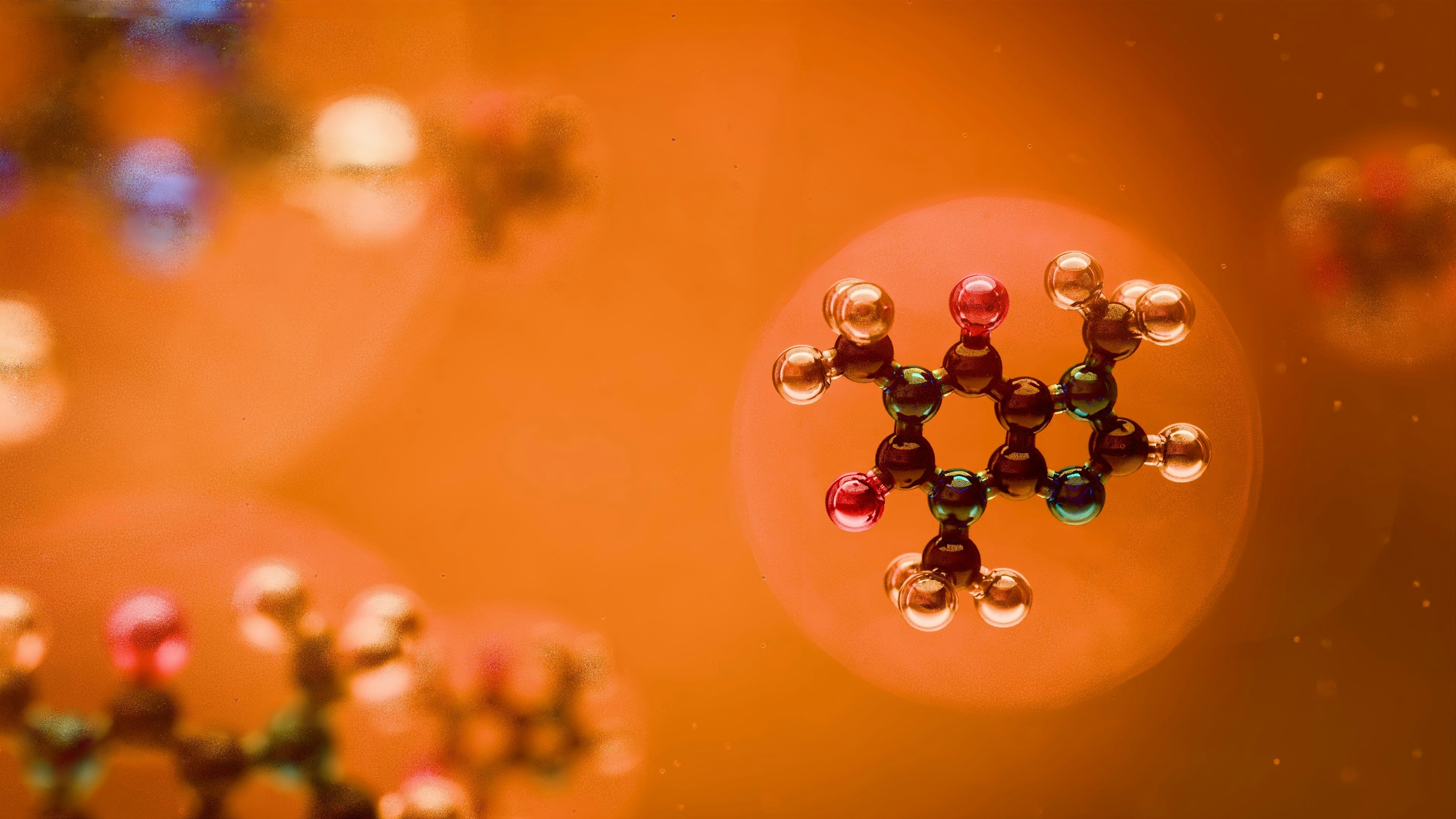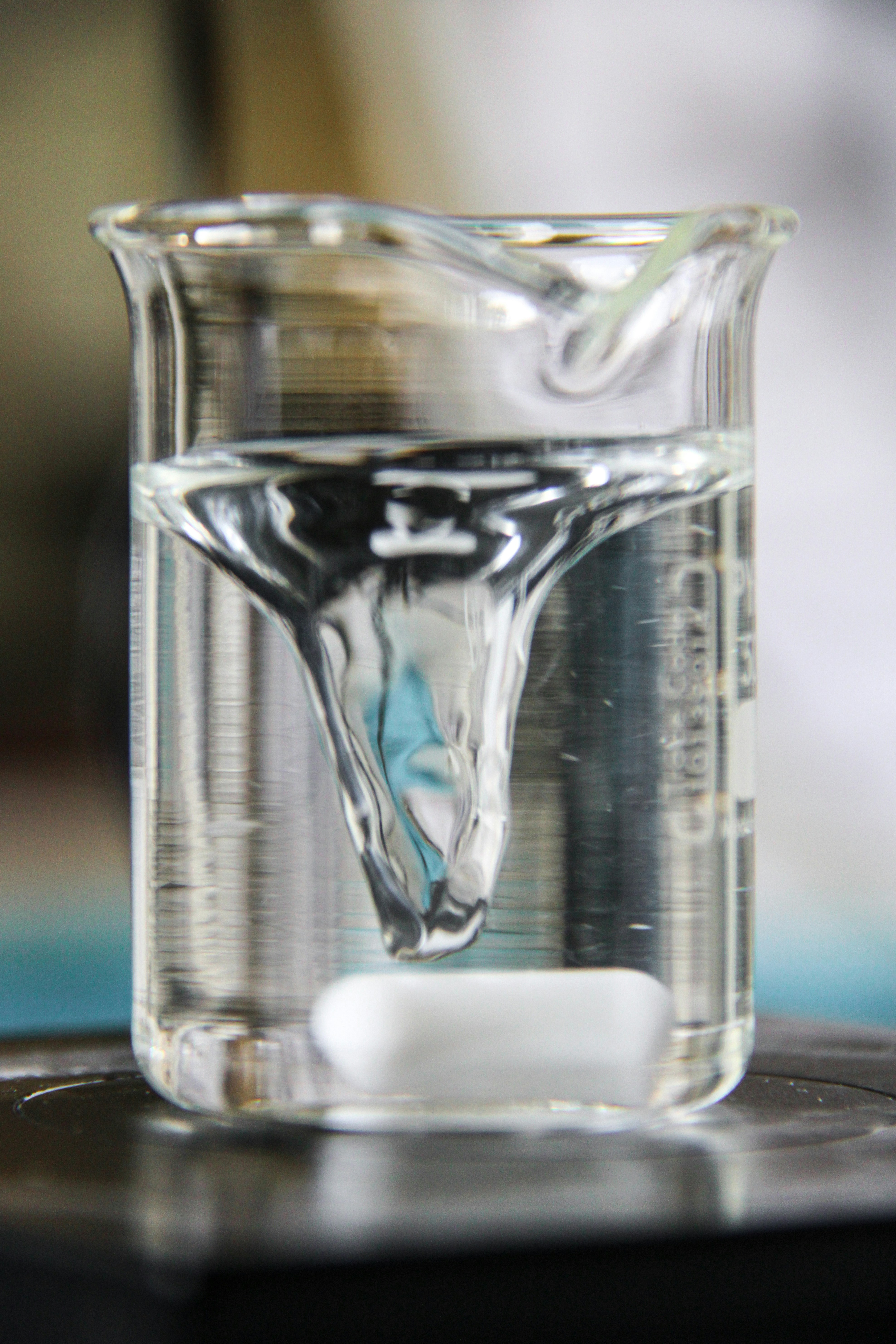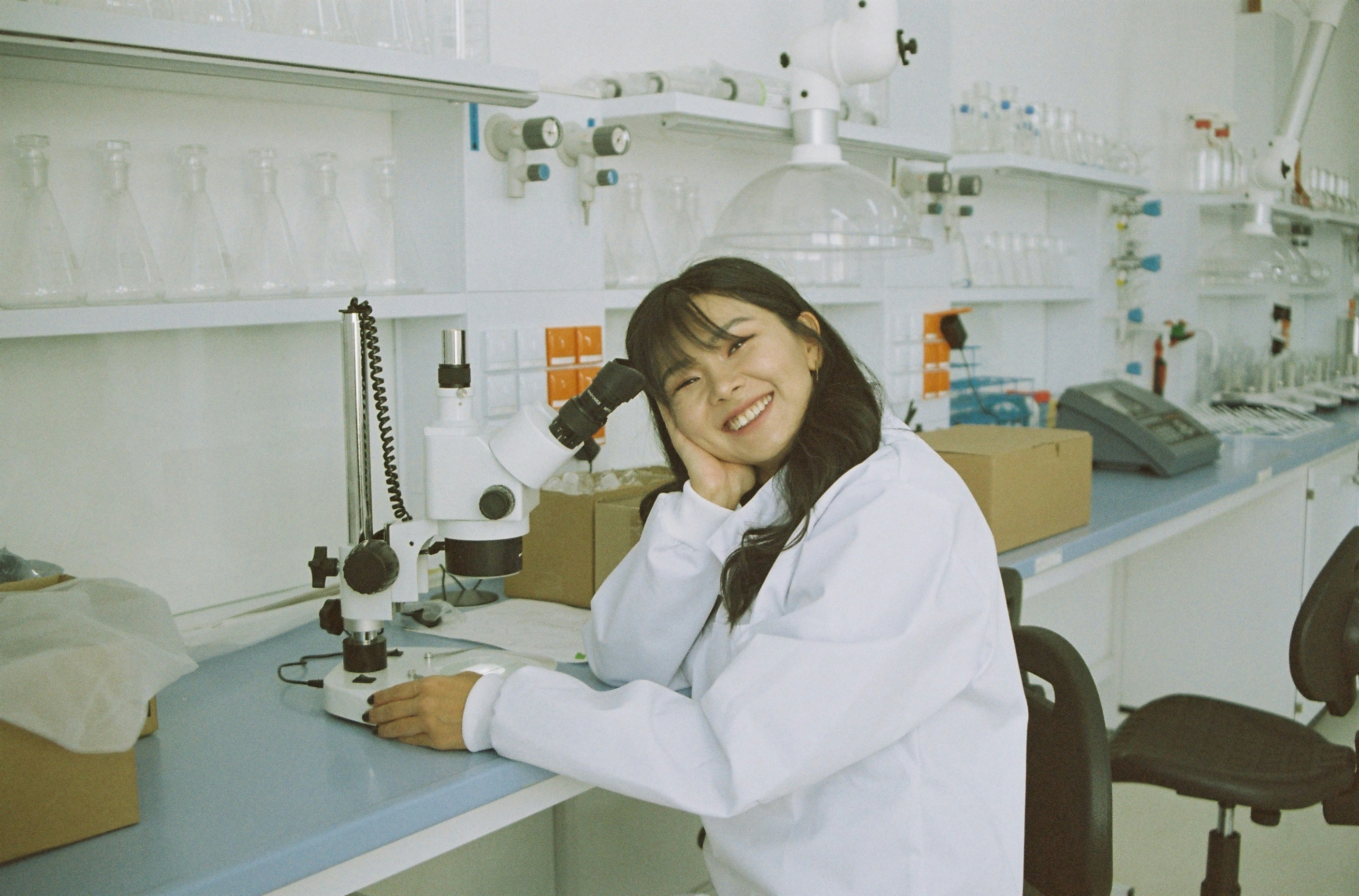The Pioneering Path of Biochemistry: Innovators of Life Sciences
November 9, 2025 | by arashkazemiac137@gmail.com
 Photo by Omar:. Lopez-Rincon on Unsplash
Photo by Omar:. Lopez-Rincon on Unsplash The Origin and Evolution of Biochemistry
Biochemistry, as a distinct scientific discipline, has its roots in the intermingling of biology and chemistry, dating back to the late 19th century. One of the early milestones in this evolution was the work of Emil Fischer, a German chemist who, in the late 1800s, conducted pioneering research on sugars and purines. His investigations into the structure of these molecules not only laid foundational principles for carbohydrate chemistry but also sparked interest in the biochemical processes within living organisms. Fischer’s endeavors epitomize the early attempts to decipher how life operates at a molecular level.
Frederick Sanger, who notably won two Nobel Prizes in Chemistry for his work on the structure of proteins and the sequencing of DNA, further advanced biochemistry in the mid-20th century. Sanger’s methodology for sequencing proteins provided an essential framework for understanding biochemical pathways and the function of enzymes. His contributions exemplified a pivotal shift in biochemistry that paved the way for the intricate study of DNA and its role as the blueprint of life.
The evolution of biochemistry has also been significantly shaped by technological advancements. Techniques such as chromatography and mass spectrometry emerged as essential tools for researchers, enabling the separation and analysis of complex mixtures at unprecedented levels of precision. These innovations have facilitated breakthroughs in various fields, highlighting the multidisciplinary nature of biochemistry. The interaction of biochemistry with genetics and molecular biology has fostered a deeper comprehension of physiological and biochemical processes that govern life.
Today, biochemistry continues to evolve and expand, reflecting its foundational importance in life sciences. By linking chemistry with biological systems, it plays a critical role in numerous scientific inquiries, from understanding diseases to developing novel therapeutics, reinforcing its central position in modern research endeavors.
The Future of Biochemistry: Trends and Innovations
Biochemistry is at the forefront of scientific innovation, paving the way for revolutionary changes across various sectors, particularly in healthcare and environmental science. Among the most promising trends is synthetic biology, which combines principles of biology and engineering to design and construct new biological parts, devices, and systems. This interdisciplinary approach has the potential to create solutions for pressing issues such as biofuel production, pollution remediation, and even complex drug synthesis.
Another significant development is the application of CRISPR technology, a powerful tool for genome editing. By enabling precise modifications to DNA, CRISPR is transforming the field of molecular biology. This technique opens doors to new treatments for genetic disorders and fosters advancements in agricultural practices, enhancing crop resilience and yield. Biochemists are instrumental in optimizing CRISPR applications, ensuring accurate delivery methods and minimizing off-target effects that can complicate therapeutic outcomes.
Personalized medicine also stands out as a key trend. This approach tailors medical treatment to individual characteristics, conditions, and needs based on genetic, biomarker, and phenotypic information. Such customization not only increases the efficacy of treatments but also minimizes adverse effects. Biochemists play a crucial role in the development of diagnostics that inform personalized therapies, bridging the gap between research and patient care.
Tackling global challenges such as disease prevention, sustainable agriculture, and climate change further necessitates the expertise of biochemists. Their role extends beyond the laboratory, emphasizing interdisciplinary collaboration with fields like environmental science and public health. Moreover, it is imperative that ethical considerations guide all aspects of biochemistry research to protect human health and the environment while fostering innovation.
The future of biochemistry is indeed bright, filled with exciting possibilities and transformative solutions that promise to address some of the most critical issues facing humanity today.
RELATED POSTS
View all


